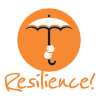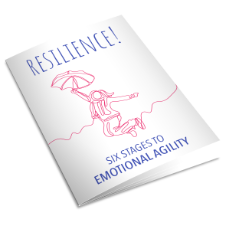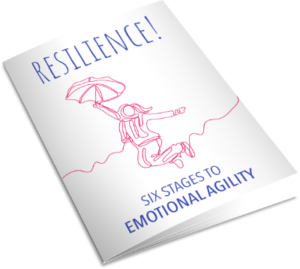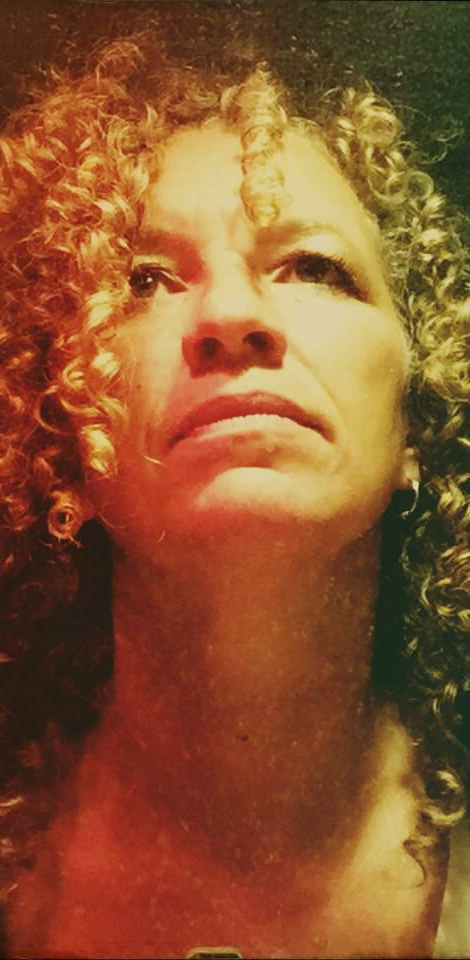
Stuck at home and overwhelmed
with negative emotions?
Master the six steps to Emotional Resilience and come out of the crisis like new.







Become aware of
(suppressed) emotions.
Find relief by playing
with your emotions.
Discover the emotion’s
call to action.
Emotional agility is about accepting and noticing all your emotions and thoughts, viewing them with compassion and curiosity, and then choosing courage over comfort in order to do whatever you’ve determined is most important to you.
Emotionally agile people are dynamic. They demonstrate flexibility in dealing with our rapidly changing, complex world. They are able to handle high levels of stress and deal with disappointments while remaining engaged, open and receptive.
– Susan David –
“What a neat and quick reminder of how to keep your resilience under the pressure of day to day life!”

I have been a control freak all of my life. The most painful sensation I could imagine was powerlessness. And thus, I would suppress this feeling and replace it with its so-called counterpart: anger. When my train would be late, I would take my rage out on the train crew, instead of treating myself to a cop of coffee and a magazine and enjoy the extra time given to me. Of course, this anger didn’t bring me one second faster to my destination.
Working with Emotional Resilience, I learned how suppressed powerlessness prevented me from becoming a good planner. Proper planning means finding a balance between directing and following. Taking the lead has never been a problem for me, but not allowing myself to go with the flow has blocked me for years. I was full of great ideas, but they would never manifest in this world.
Now that I allow myself to feel both anger (setting boundaries) ànd powerlessness (being flexible), I have become more effective, productive, and organized. In a time like this, accepting the feeling of helplessness is crucial, not wholly to get overwhelmed with other emotions. The anger that comes with suppressing this emotion won’t get you anywhere and might cause harm to yourself or your housemates.
I’m Donna Lubin, founder of the Resilience! community and creator of the booklet.
I have been a control freak all of my life. The most painful sensation I could imagine was powerlessness. And thus, I would suppress this feeling and replace it with its so-called counterpart: anger. When my train would be late, I would take my rage out on the railway personnel, instead of treating myself to a cop of coffee and a magazine and enjoy the extra time given to me. Of course, this anger didn’t bring me one second faster to my destination.
Working with Emotional Resilience, I learned how suppressed powerlessness prevented me from becoming a good planner. Proper planning means finding a balance between directing and following. Taking the lead has never been a problem for me, but not allowing myself to go with the flow has blocked me for years. I was full of great ideas, but they would never manifest in this world.
Now that I allow myself to feel both anger (setting boundaries) ànd powerlessness (being flexible), I have become more effective, productive, and organized. In a time like this, accepting the feeling of helplessness is crucial, not wholly to lose it. The anger that comes with suppressing this emotion won’t get you anywhere and might cause harm to yourself or your housemates.
I’m Donna Lubin, founder of the Resilience! community and creator of the booklet.
share the resilience: